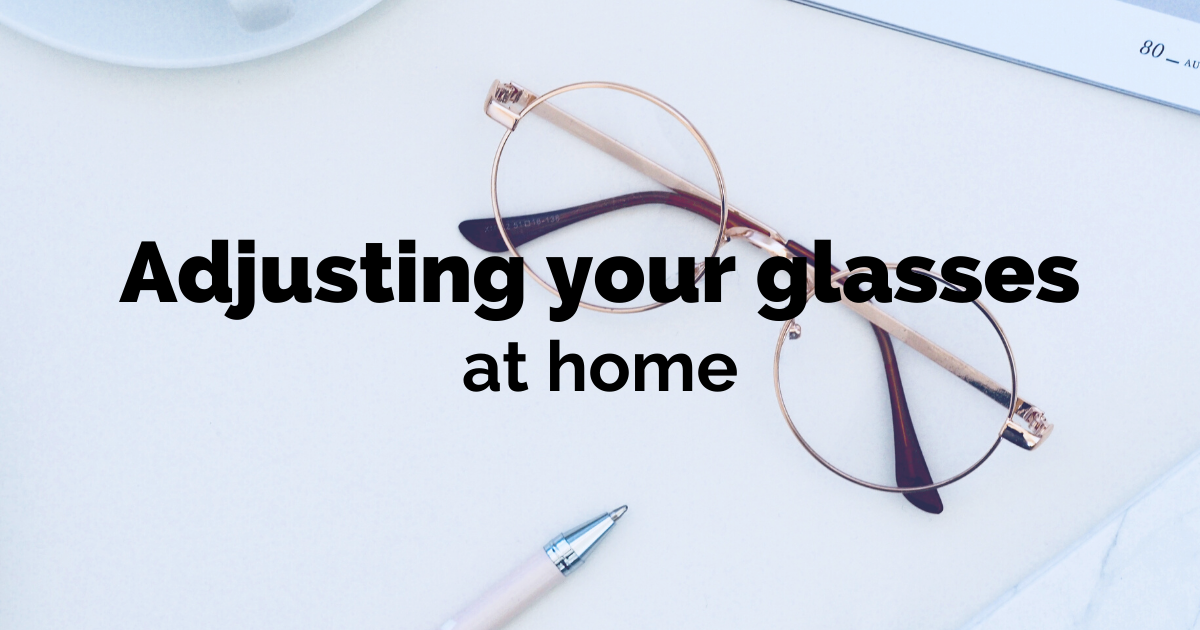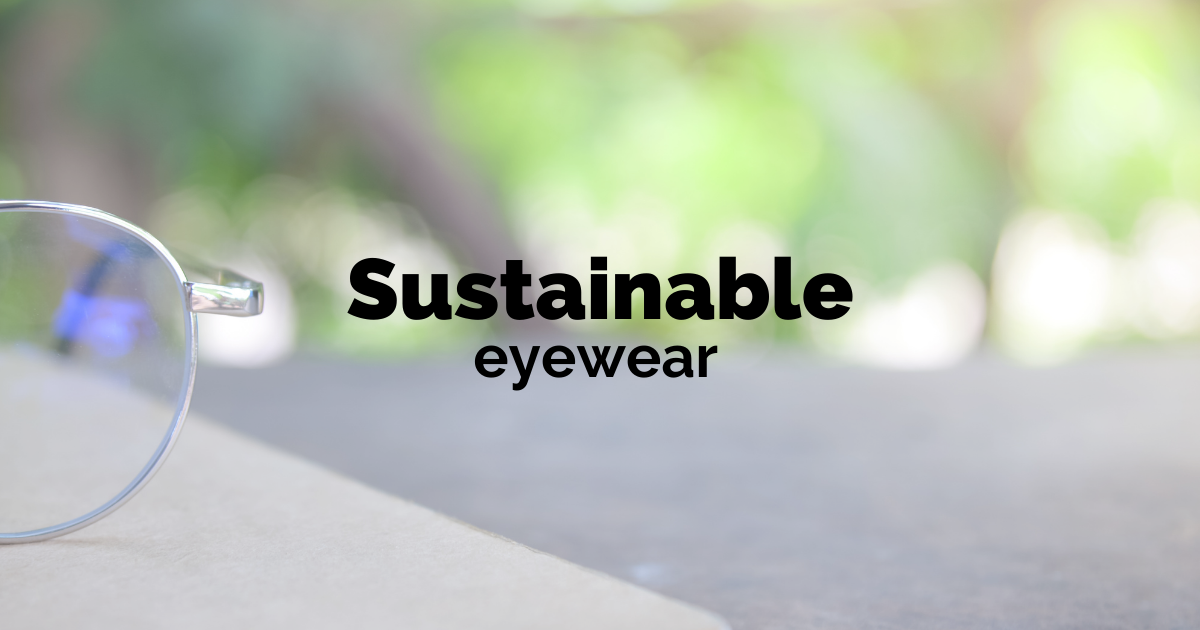Winter Driving Safety
The winter months can pose a variety of challenges when driving, especially if you wear glasses for driving. According to a recent survey by the Department for Transport, 3,900 drivers in the UK were involved in an accident due to ‘sun dazzle’ caused by the low winter sun, highlighting the need for drivers to take precautions when driving in the winter months.
From the glare of headlights and light reflecting off the snow, to the sun shining low and bright in the winter sky, there are many hazards that glasses wearers need to watch out for when driving in winter.
Our guide offers some of our best tips for glasses wearers when driving in the dark this winter.
Dazzling headlights
In winter, the days are shorter, meaning that car headlights are switched on much sooner in the evening and left on for longer in the morning. Modern cars have very bright LED headlights which can intensify the problem for glasses wearers who can become dazzled by the brightness.
If this is something that you’re worried about or have experienced, then there are a few things you can do to reduce the dazzle:
- Purchase optical glasses complete with an anti-glare coating on the lenses
- Ensure you keep your lenses clean and smear free. Use a specialist glasses lens cloth to remove smudges and fingerprints which can increase the headlight glare when driving
The low and bright winter sun
The sun is much lower in the sky in winter than at any other time of year. Whilst these crisp, sunny winter days are enjoyable, they can pose some risks to drivers, especially those who wear glasses.
If you wear glasses for driving and you’re worried about the effects of ‘sun dazzle’ then here’s some advice on what you can do to keep safe when driving in the winter sun:
- Keep a pair of prescription sunglasses in the glove box of your car to wear on bright and sunny days
- Choose prescription sunglasses for driving with polarised lenses for optimal protection from the sun
- Keep your windscreen clean and smear free as a dirty windscreen can increase glare from the sun
Dry eyes
If you spend long amounts of time in a central heated environment, then you could suffer from a common condition called ‘Dry Eye’, which has been reported to cause glare when driving.
If you wear glasses and your eyes feel dry when driving, follow a few of these simple steps to keep you safe when driving in winter:
- Point the car heating vents away from your face and eyes
- Don’t forget to blink regularly, especially when concentrating on the road ahead
- Invest in some eye drops to keep in your glovebox for dry eye emergencies
Reduce the brightness of the lights in your car interior
When driving at night, your eyes are constantly refocusing and making adjustments. To make night driving more comfortable for glasses wearers, dim the lights in your car’s interior. From satellite navigation systems to your speedometer, this will help to reduce reflections and limit the number of readjustments your eyes need to make.
Look after tired eyes
It’s easy for your eyes to become weary when driving in the dark, especially if you wear glasses. To reduce the effect of eye fatigue when driving, try these tips:
- Rather than stare at a fixed point on the road ahead, keep your eyes moving and looking at different points of the road. This movement will help to refresh your eyes and keep you alert
- Replace your glasses if they have big scratches or damage to the lenses
- If you really feel tired, make sure to take regular breaks
Take regular eye tests
It is recommended that eye tests are taken at least every 2 years to keep on top of eye health. This is especially important if you wear glasses when driving as eyesight tends to deteriorate slowly over time, so changes can be more difficult to notice on a day-to-day basis.
For more information on eye tests and why they are important, our guide to eye tests provides more information.

 How to easily adjust your glasses at home
How to easily adjust your glasses at home What are the best glasses for computer use?
What are the best glasses for computer use? Our approach to sustainable glasses and sunglasses
Our approach to sustainable glasses and sunglasses Get the look: Naomi Genes with Arlo Wolf Eyewear
Get the look: Naomi Genes with Arlo Wolf Eyewear